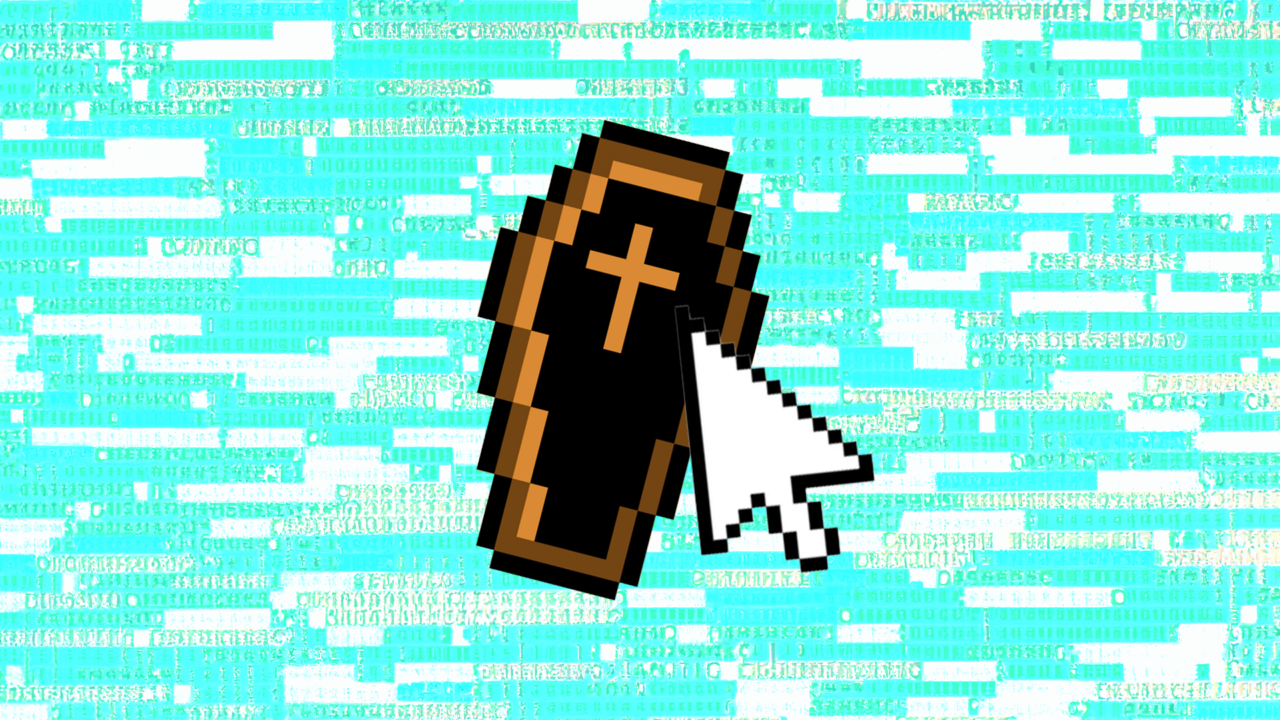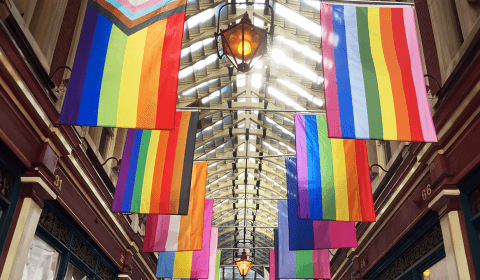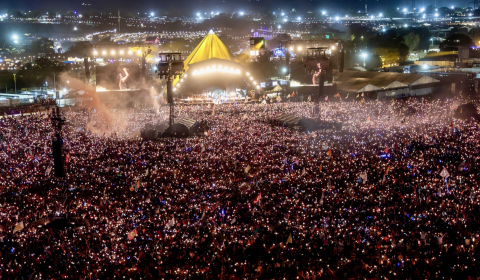Our digital footprints will long outlive us, inadvertently leaving our loved ones to tackle a privacy conundrum. Should we care?
Fear of death is an existential crisis most people contend with at several stages of life. When getting our affairs in order, however, little thought is given as to what will happen to our digital data once our clogs are popped.
When cleaning through the effects of a recently departed loved one, mementos are quite simply bagged and stored away for safe keeping. If that person has a rich online history, though, gaining access to their personal Substack blog or Instagram account isn’t quite so drama free.
If prior provisions aren’t made – and let’s face it, in the vast majority of cases they won’t be – figuring how to respectfully tie off someone’s online activity can compound an already stressful and taxing period.
There’s nothing like getting a Facebook reminder about an upcoming anniversary or birthday for a dearly departed. On that front, Swedish political scientist Carl Ohman claims the dead may well outnumber the living on Facebook within 40 years.
That makes sense, considering younger generations have cast the platform into obscurity and it consists mainly of boomers sharing holiday pictures. It will fall on their families to apply for memorialisation when the time comes, but that is merely the tip of the iceberg of considerations.
Looking at it pragmatically, contacting various authorities to cancel memberships, banking records and accounts, subscriptions, and other personal resources stored on servers will invariably involve a shit-load of bureaucratic and security hurdles.
That’s unless, as previously alluded, the person established what is known as a ‘digital heir’ in their will before death. Is that the first time you’ve heard that term? Good, It’s not just me.




















